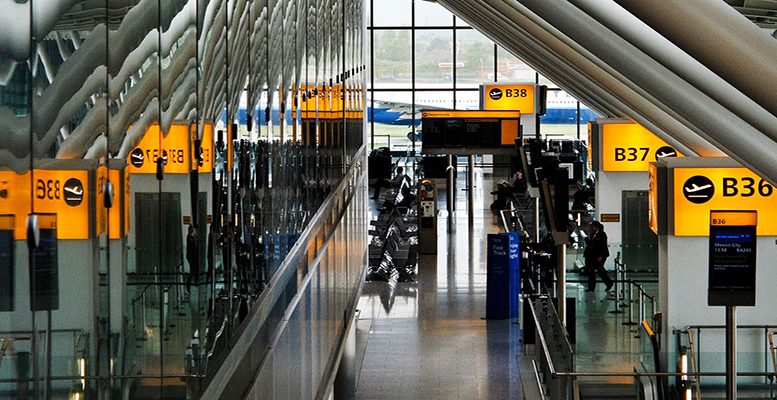Ferrovial is going to transfer the headquarters of its international holding company from Oxford to Amsterdam. The Spanish construction and services group said to Bloomberg on Tuesday that this was to maintain the company under European law when the UK leaves the EU.
“The reason for the move is to keep the international companies of the under community legislation”, said the spokesman.
The holding company brings together various companies and assets of the group outside Spain, including that which looks after its interests in airports like Heathrow, which on Monday received parliamentary approval to build a new runway.
The spokesman said that the change would have no impact on Ferrovial’s workforce in the UK.
Nevertheless the announcement of the change of headquarters of the international holding company came after the group presided over by Rafael del Pino told its last shareholders’ meeting that it intended to reduce proportionally its activity in the UK because of the “uncertainty” and “complex situation” generated in the country by Brexit.
The CEO Iñigo Meiras pointed out the need to be more cautious when selecting projects in this country because of the “complicated environment”, especially in services.
At his side, Del Pino indicated that Ferrovial constant analises the situation in the UK resulting from the Brexit process to determine if further additional measures are required. The president of the group recalled that after the Brexit referendum the company decided not to increase its presence in the country. As a consequence, the only impact it has had so far has derived from the depreciation of the pound against the euro.
In 2017 the UK contributed 32% to Ferrovial’s total sales and 37% of its gross profits (Ebitda). The group has construction, services and concessions in the country, including owning 25% of Heathrow, as well as 50% of three other regional airports (Aberdeen, Glasgow and Southampton).
In fact, in his last speech asa member of the financial authority, Bank of England Counsellor Ian McCafferty was especially tough on the UK’s exit process, which he considers the main break on the growth of productivity in Great Britain. According to his argument, the Brexit transition is resulting in fewer commercial agreements and less investment. For example, BMW has already announced the possible closure of its British factories and Siemens is putting pressure on Britain to stay in the customs union, even if the announcement that made most impact in the media was that by Airbus on the continuity of its presence in the UK.
The change of Ferrovial’s headquarters coincides with the parliamentary approval for the expansion of Heathrow, a project which has been delayed for decades and which will mean the construction of a third runway at a cost of 14 billion pounds (15.9 billion euros). Heathrow Airport Holdings (HAD) is 25% owned by Ferrovial.
Moreover, it follows Ferrovial incurring losses in the first quarter of the year because of provisioning 208 million pounds (236 million euros) in a dispute with Birmingham Townhall about the contract for the rehabilitation and maintenance of infrastructure in the city.





